‘I shaped this role as I went along.’
Quebec’s first chief scientist, Rémi Quirion, looks back on his career and the challenges awaiting his successor.
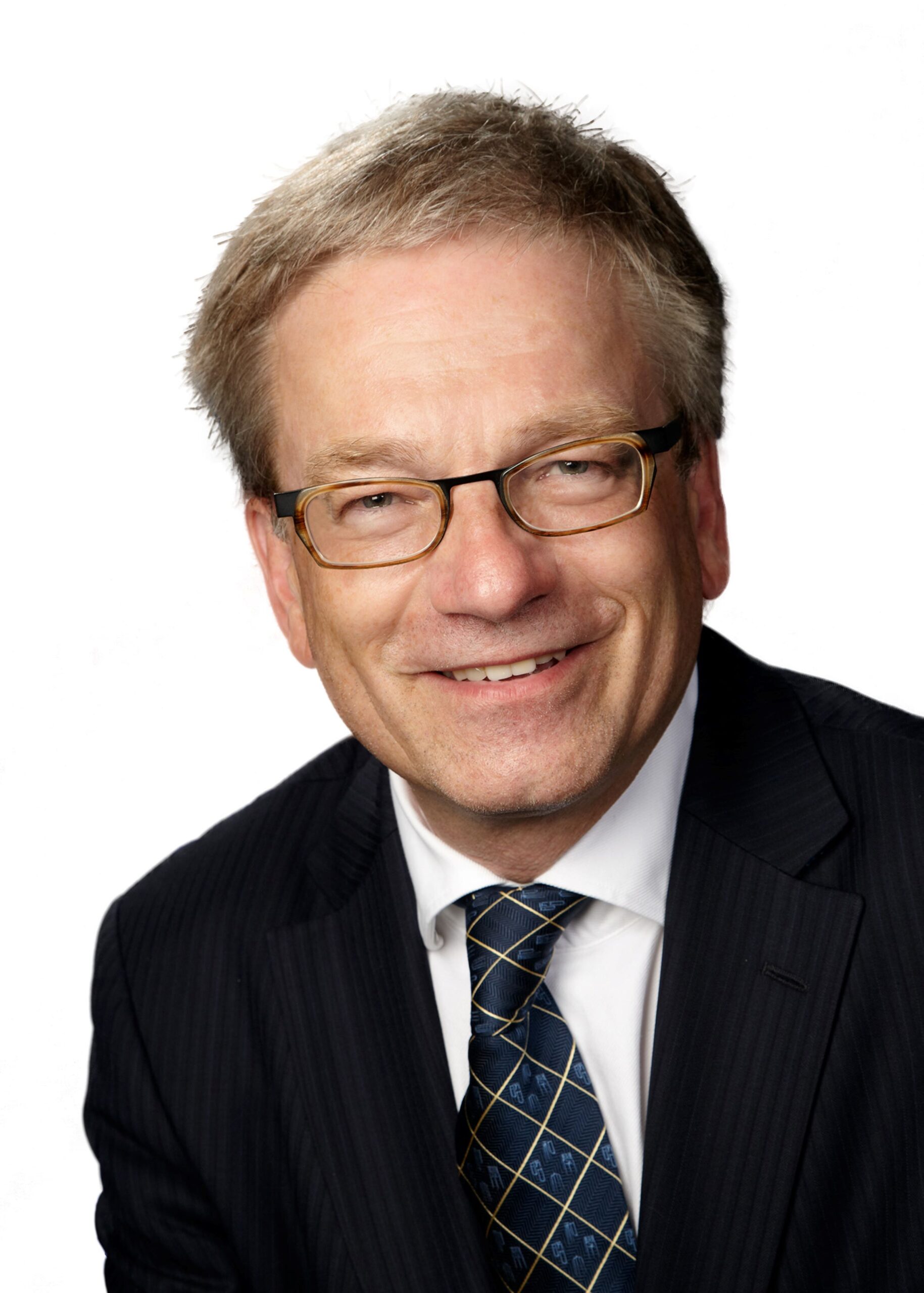
In 2011, Quebec appointed Rémi Quirion as the province’s first chief scientist. His role was to bridge the gap between researchers, the government and the general public. Fourteen years later, his groundbreaking tenure is coming to an end. Having weathered the pandemic; witnessed a surge of distrust in science; and helped to insert research considerations into government decision-making, Dr. Quirion shares his insights in this wide-ranging interview with University Affairs. He discusses the highlights of his career, how he shaped his role, and the increasingly complex challenges facing his successor.
Q: How would you summarize your 14-year tenure as Quebec’s chief scientist?
Rémi Quirion: Two things come to mind. First, I think we’ve succeeded in making science more relevant to political decision makers. I also think we’ve made science more accessible to our fellow citizens through various programs, especially those supporting the next generation of students and researchers. These were two essential aspects of my role. We haven’t solved everything, but I think we’ve made significant progress.
Q: During your tenure, there were times when science hit the news — during the pandemic, of course, but also with the assault on knowledge led by politicians like Donald Trump. Did you expect to be put in the position, ultimately, of having to defend science itself?
A: That’s an excellent question. The pandemic obviously kept us busy, but in a way, it was also good for science. Although there were some denialists and people who didn’t believe in the effectiveness of vaccines, society as a whole — including the political classes — came to understand how useful science and data can be when making decisions. Some of Quebec’s ministries became aware of our research and researchers for the first time. We were very present in the media — on TV, in the newspapers.
Young people also became more interested in science. While many kids have always dreamed about becoming NHL players, some are now saying, “Being a scientist could be interesting too.” That’s one positive effect of the pandemic. Whether we kept up the momentum afterwards is another question. It’s not easy, because the news moves fast. But I think that, overall, science is more visible than it used to be.
Q: You mentioned Donald Trump. Did the political shift in the United States surprise you?
A: Frankly, I never thought I’d see this kind of situation in my lifetime. Witnessing the United States, a global leader in research, attack science head-on. . . It happened quickly, in the form of executive orders challenging scientific data. The message was: “Those are your facts. I have different facts, and they are equally valid.” Suddenly, everything was under scrutiny. Climate change, RNA, Harvard, major institutions — everything was under attack.
I was speaking about it to colleagues at UNESCO, at the French Academy of sciences and in the United States. I thought I knew what I was doing as a scientific advisor, but now we’re all having to relearn how to talk to elected officials. If it’s happening in the United States today, it could happen here tomorrow. We’ll have to work even more closely with politicians, officials and civil society. Surveys show that people do trust researchers, but their voices are often silent. We don’t hear from them in the media or on social networks. We have to find ways to make these voices heard.
Q: Going back to your career, is there a particular moment that stands out?
A: Yes, there were two occasions during the pandemic. The first was right at the beginning, in a meeting with government officials. We didn’t know anything about the virus. The premier asked me, “What do we know about the virus?” And I told him, “Nothing.” He replied, “I can’t say that in a press conference. People will panic.” It was a difficult moment.
The other significant moment was when I was invited on the talk show Tout le monde en parle (“Everyone’s Talking about it”). There was so much traffic on the Fonds de recherche du Québec website that it crashed. I realized that getting published in Nature or Science is important, but you reach a much wider audience by appearing on those kinds of shows. That’s what putting science front and centre looks like.
Q: Do you think your role as chief scientist had a tangible impact on Quebec society?
A: Yes. They may not have known exactly what I did, but I think they knew there was a chief scientist who could help to guide decision-making. I always made it clear that I didn’t make the decisions. I advised; I gave my opinion. Elected officials also have to consider social and economic impacts, but at least there was a sense that science was taken into account.
For example, Quebec’s ministry of the environment created a legally enshrined advisory committee on climate change at the minister’s request and with my support. We worked on sustainable agriculture with the ministry of agriculture, fisheries, and food. We engaged with the ministries of health, the economy, and higher education, to name a few. We also did a lot of work promoting citizen science. People would submit their ideas for research projects, and it was very valuable.
Q: The position was new when you took it in 2011. How did you shape it?
A: At the beginning there was nothing, not even a job description. The minister wanted someone to answer questions, without having to contact multiple universities. I was told: “Here’s your office. Get to it.” So, I phoned up colleagues in England, Australia and New Zealand and asked them: “What do you do when a politician calls you?” I learned that I had to answer quickly, suggest paths forward and not get invested in the outcome. There are no grant applications with politicians, no articles to publish. You provide your opinion and then you move on.
I had to build trust with politicians, to show them that I wasn’t there to grab headlines. And I had to be resilient. I served under 12 or 13 different ministers in 14 years. I had to learn to be adaptable, which often isn’t the case in academia.
Q: Did you have a role model to draw from?
A: I took inspiration from colleagues in England and the United States, where this sort of position has existed for a long time. They were quite willing to share their experiences. Every place is different, but I was able to adapt certain practices to the Quebec context. Our experiences ultimately prompted us to create an international network of chief scientists.
Q: What should the role look like in 10 or 15 years?
A: AI tools like ChatGPT should be integrated. They’re already useful to provide a basis of information on subjects we’re not familiar with, though it’s important to run quality checks and verify the information. That said, the human connection remains essential in maintaining the trust of elected officials. AI can’t replace that.
Q: What would you say to your successor?
A: I would tell that person to be a good listener and not to pretend to have all the answers — to be a team player, to stay humble, to build strong connections with officials and politicians, and to avoid imposing your own agenda. You have to learn how to answer the right questions at the right time, and to be available when needed.
I would also say: Try to score a few small victories early on. And, above all, don’t forget about civil society. Our best advocates are people who can say: “I worked with the chief scientist and it was a great experience.”
Q: In your opinion, what are the biggest challenges to disseminating information?
A: We need to cultivate a greater public presence. Some researchers enjoy that, others don’t, and that’s fine. But we have to expand the pool. Scientists should start developing their science communication skills as early as their master’s or PhD.
We created a program called Dialogue that enables researchers to popularize their work via articles, videos or blogs. Another program, Engagement, boosts citizen science by inviting the public to suggest research projects to us. It takes longer to set them up, but it’s a wonderful way to showcase the scientific method.
Q: What about funding? Is science adequately supported in Quebec?
A: No, not yet. A common goal is to commit 3% of GDP to research. Quebec is at 2.2%. We’re number one in Canada, but I don’t want our frame of comparison to be Toronto or Vancouver. I want us to be in the same league as South Korea or Switzerland. The benefits are real, but they take time. Decision-makers need to be convinced to invest beyond their political term in office.
Q: Do you think you’ve influenced other provinces or countries?
A: Not much within Canada. Ontario had a similar position, but it was eliminated after a change in government. Here in Quebec, the position is protected by legislation, so it’s harder to abolish. But internationally, yes —Quebec is seen as a model. I’ve been invited to the Basque Country [in France] next week; they’re looking to create a similar position. We have also been very active in the Global South. So yes, I think we’ve had an impact at the international level.
Q: What legacy do you hope to leave to the scientific community and the general public?
A: I hope everyone remembers that science can be fun and inspiring. Sure, it can be difficult and demanding at times, but there are also moments of wonder. For example, when your student shows you something under a microscope, and you realize you are the first humans ever to witness that phenomenon — that kind of moment makes it all worthwhile.
Featured Jobs
- Biochemistry, Microbiology and Bioinformatics - Faculty Position (Microbial Systems Biology, Omics Data Analysis)Université Laval
- Director and Stauffer-Dunning Chair, School of Policy Studies - Associate or Full ProfessorQueen's University
- Geography - Assistant Professor (Indigenous Geographies)University of Victoria
- Peter Guo-hua Fu School of Architecture - Assistant Professor (tenure-track)Mcgill University
- Business - Assistant Professor (Digital Technology)Queen's University
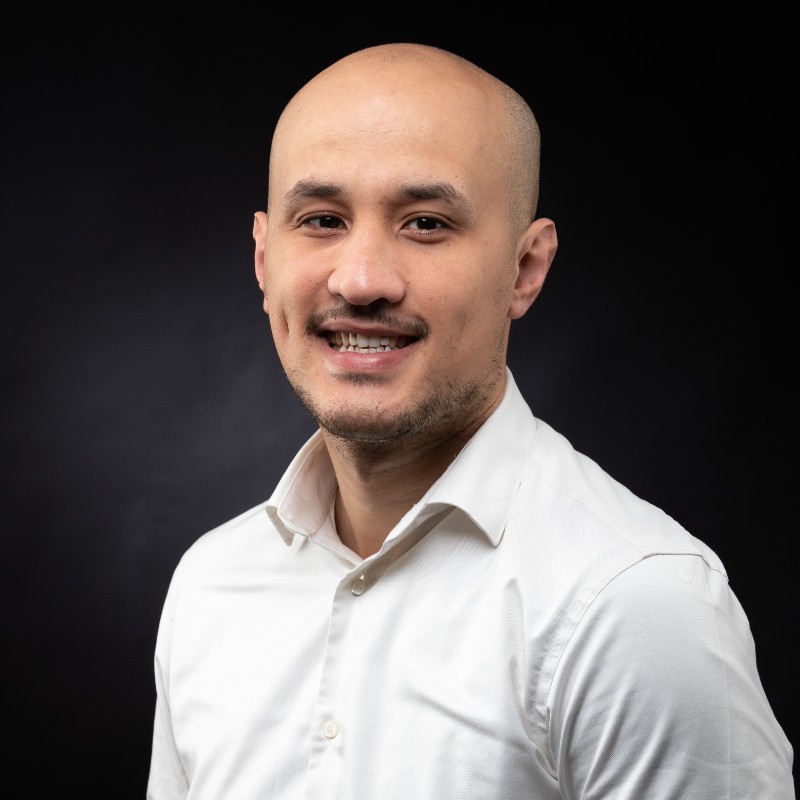





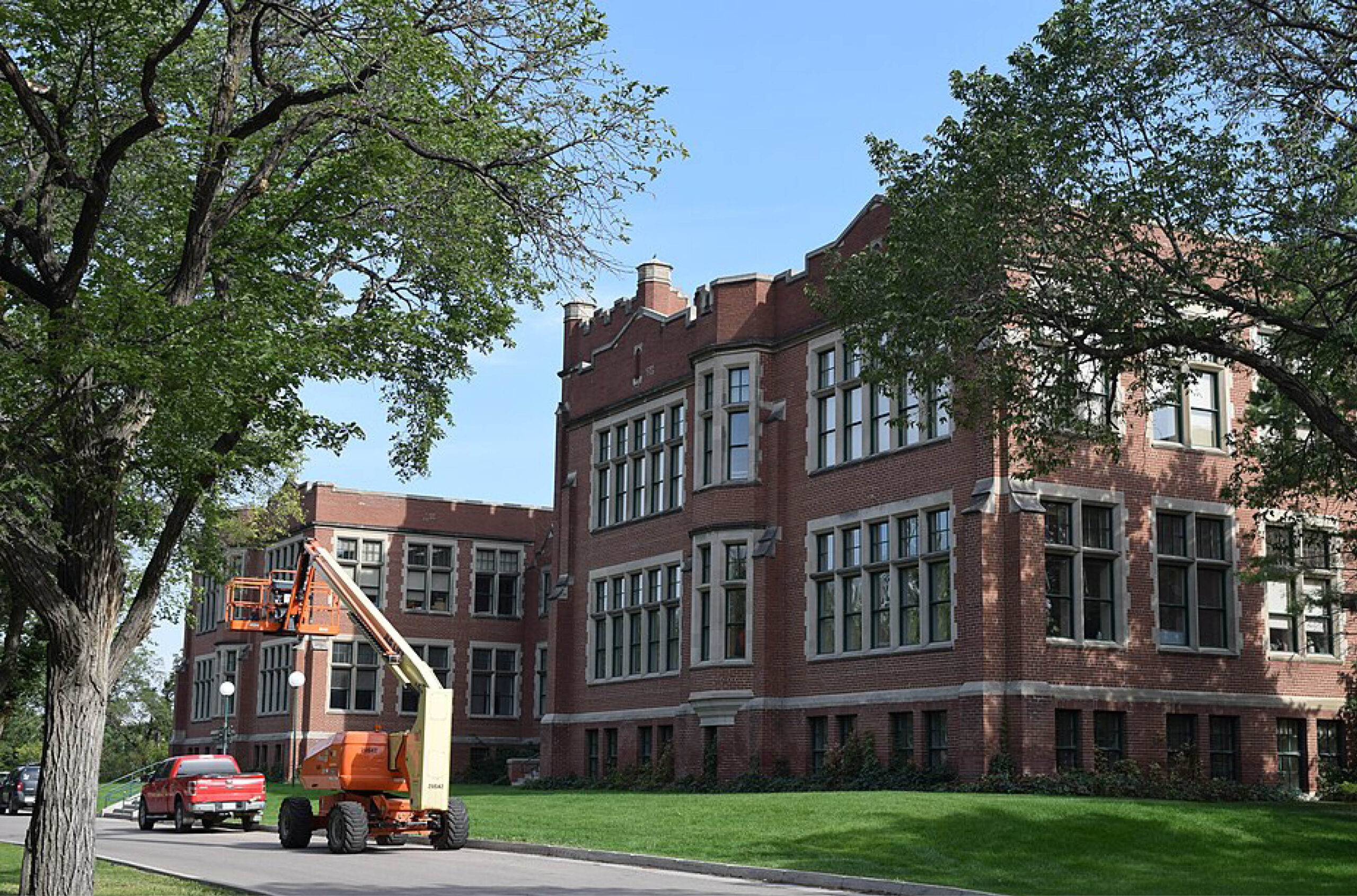

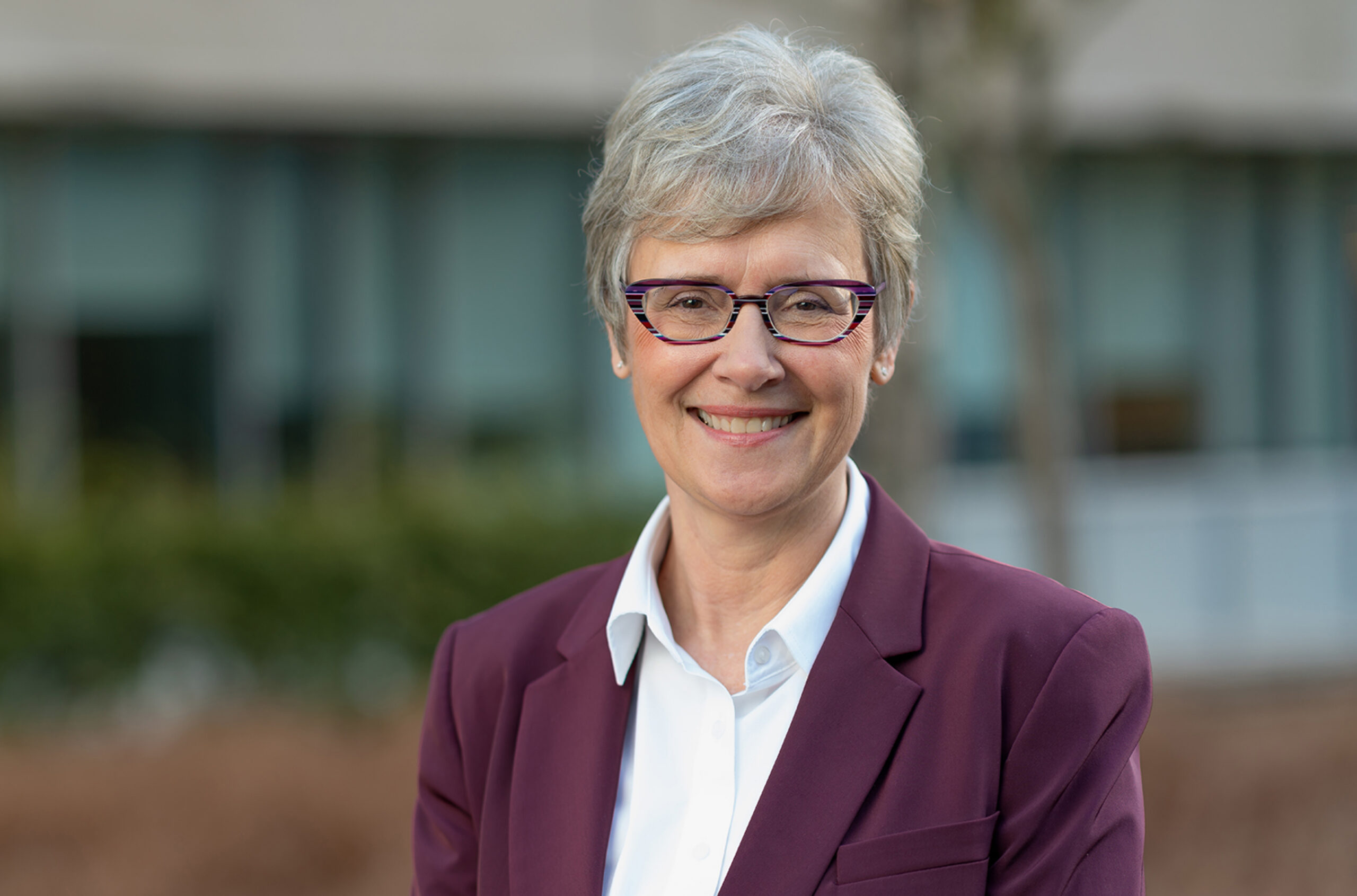
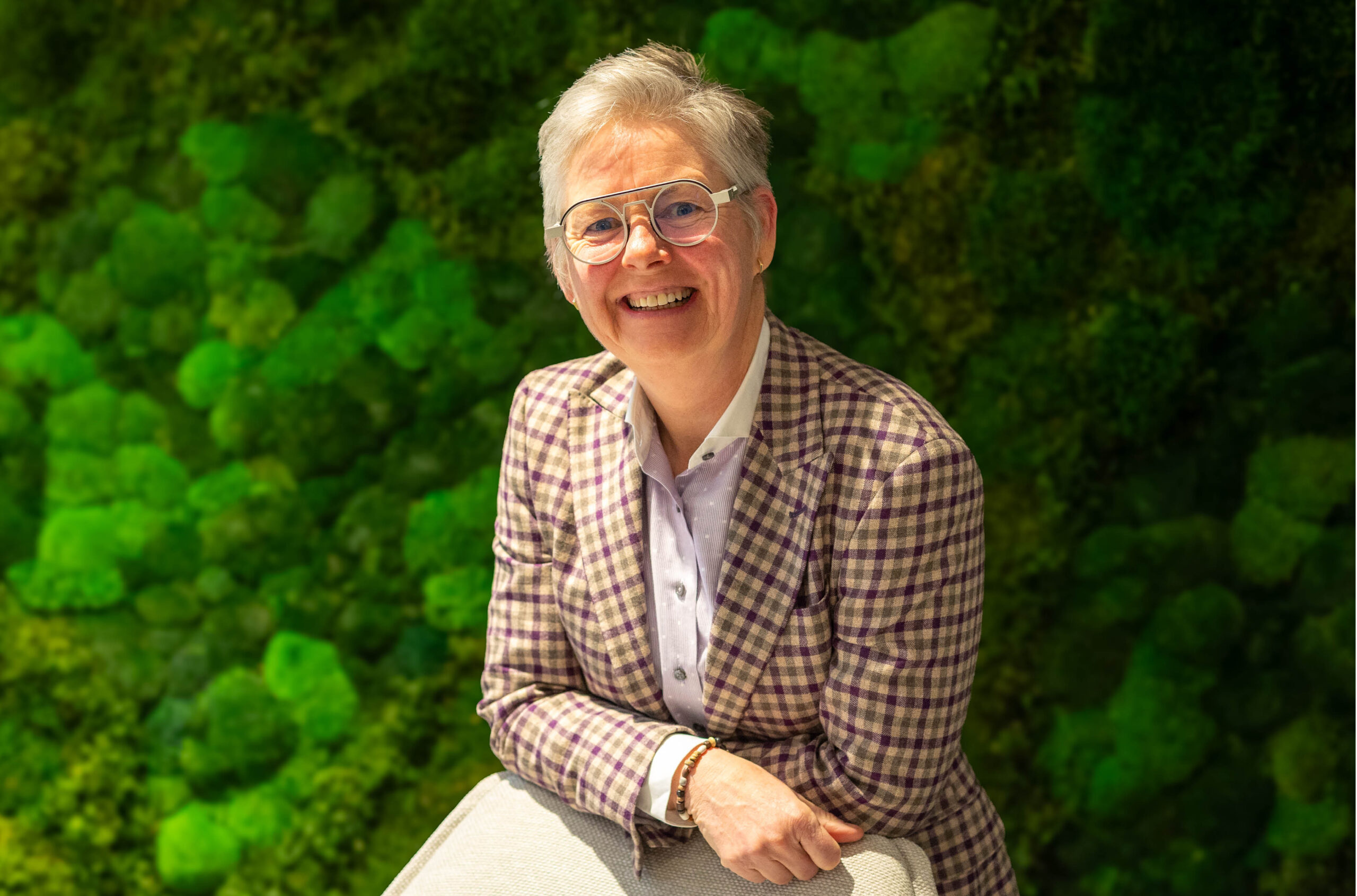
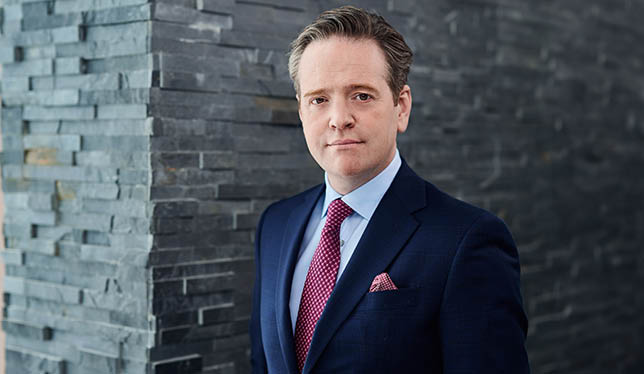

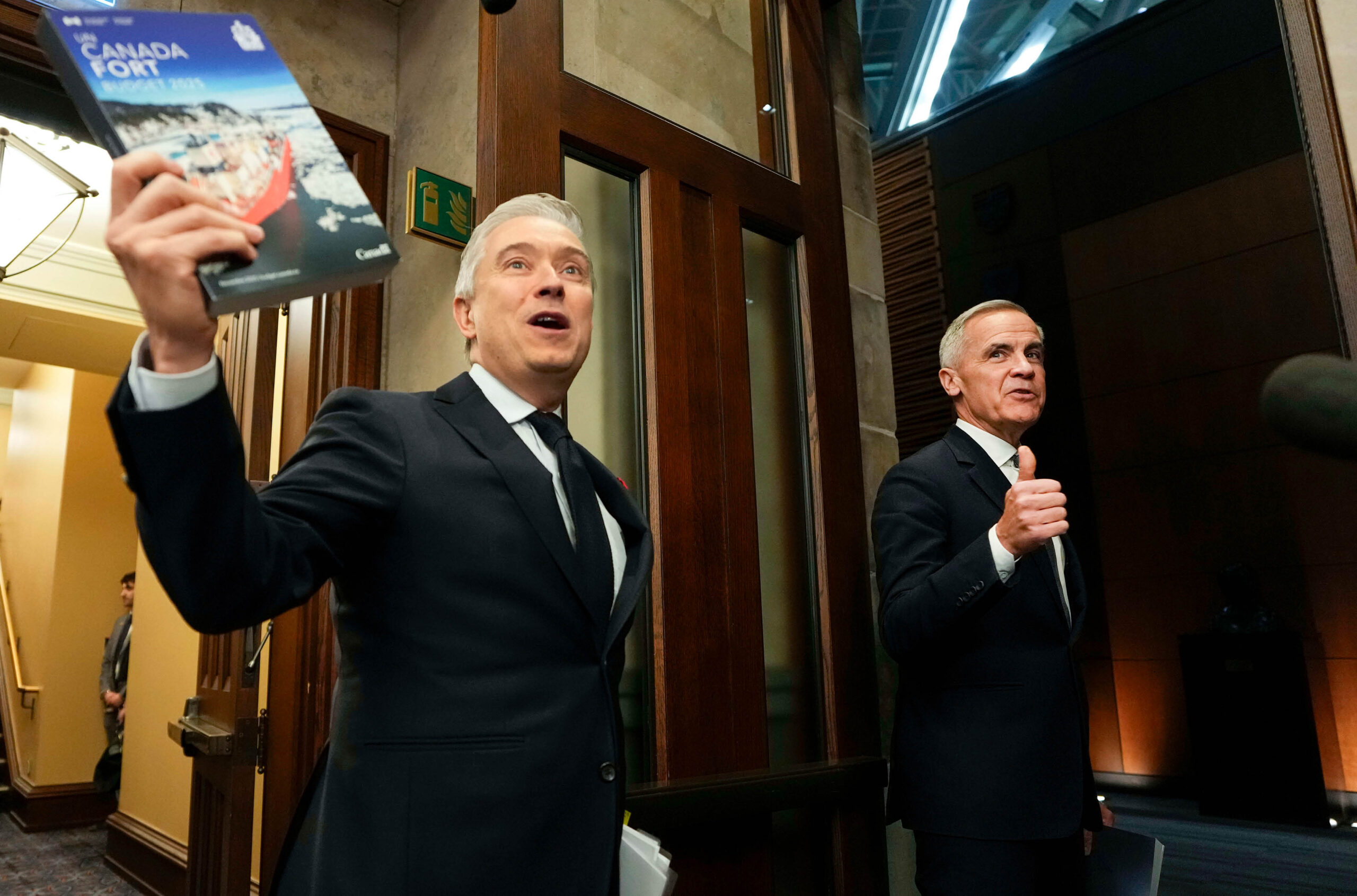
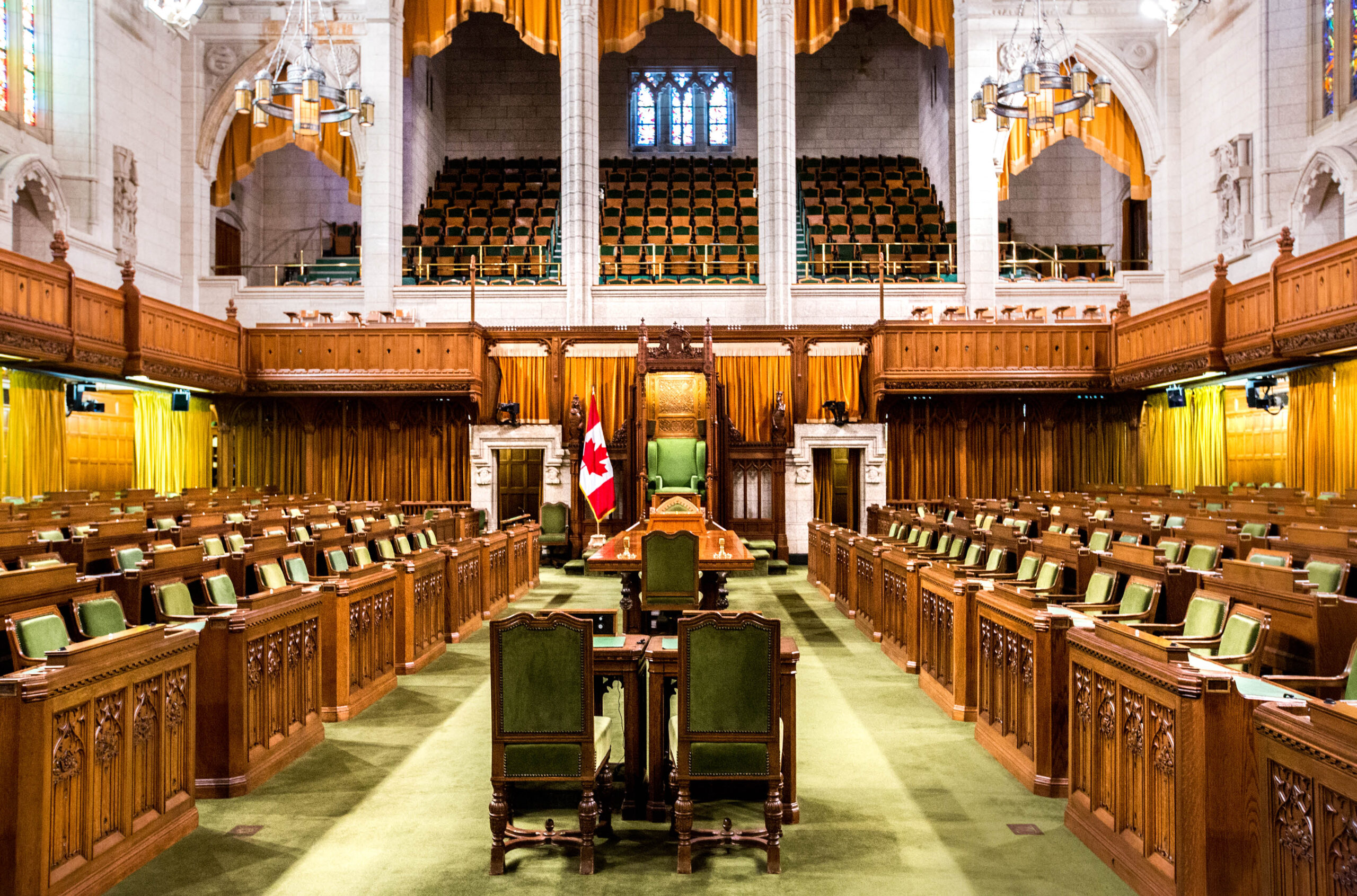

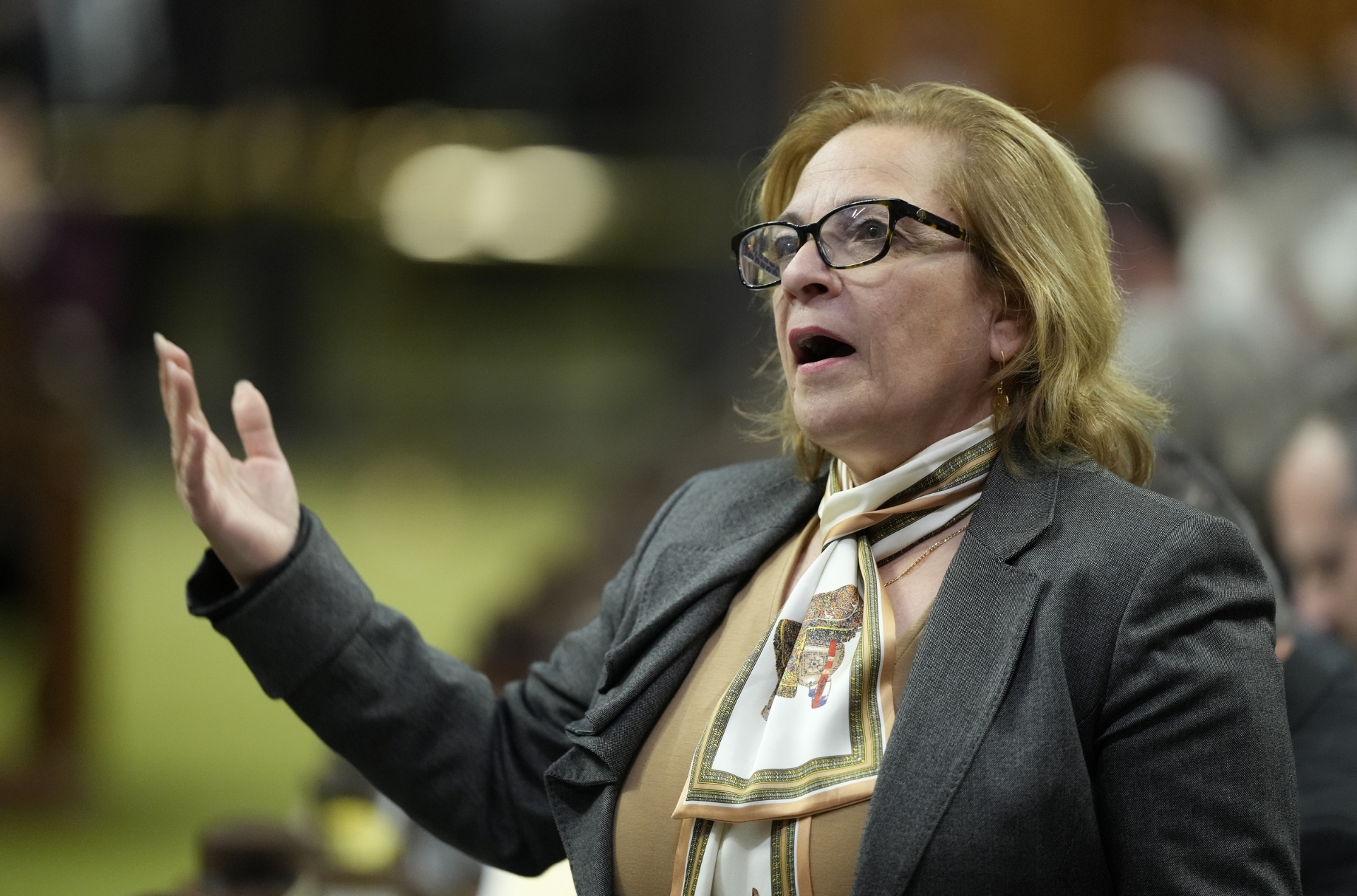
Post a comment
University Affairs moderates all comments according to the following guidelines. If approved, comments generally appear within one business day. We may republish particularly insightful remarks in our print edition or elsewhere.